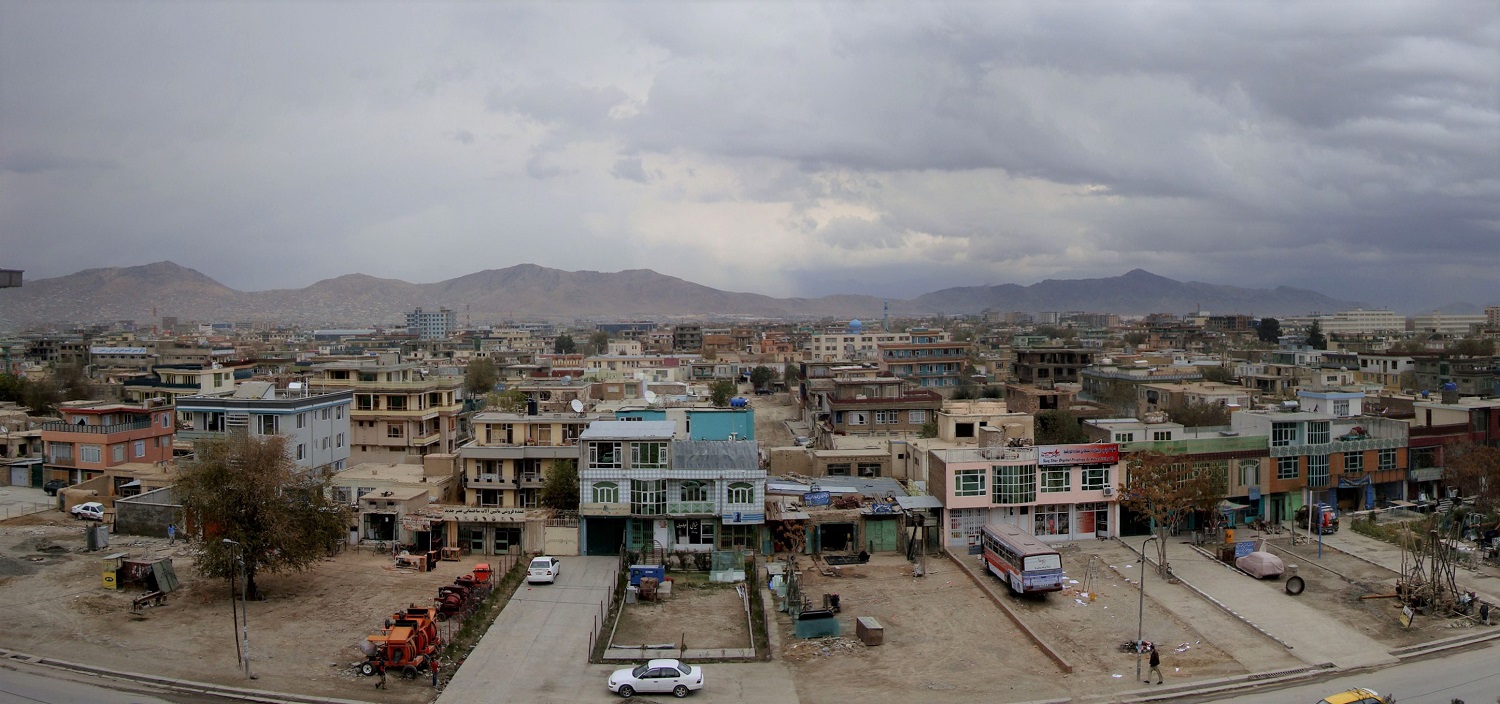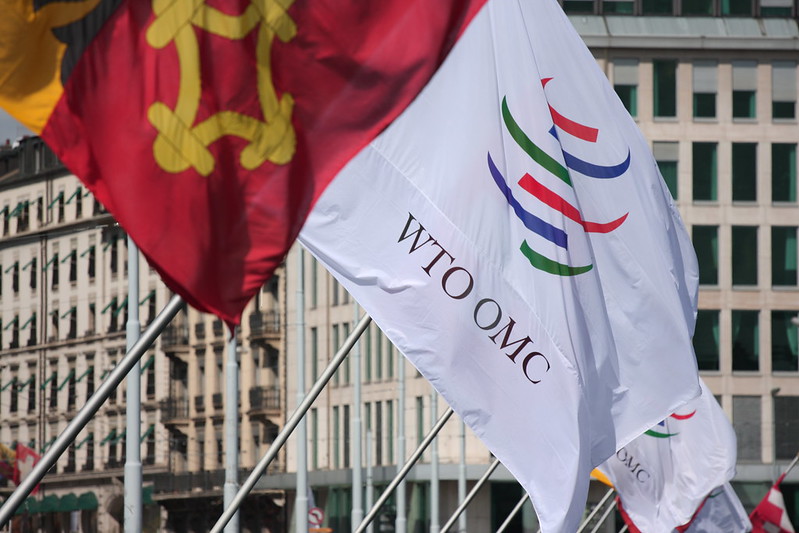Graduate student, Shahrukh Wani, examines how the rise in populism has affected the development sector, and suggests ways of moving forward.
We live in interesting times. Few of us had the foresight to predict that a billionaire real estate developer would become the face of an anti-elite crusade, an Eton and Oxford educated parliamentarian would attack aid to the world’s poorest, and a continent which knows very well the destruction populist-rhetoric often brings with it, would once again fall into the same trap. Interesting times, however, come with interesting challenges.
While many rightly see this populist-rhetoric as a worrying trend, others – the Trumps of the world – see this is an opportunity. For them, it is a chance to profit from the very genuine anger people feel, increasingly by those who have lost due to economic globalisation. They miss-channel this anger towards immigrants, minorities, and back policies based on oversimplified and counterintuitive logic. One of these many ‘silver bullets’ promoted by these so-called populist leaders has been cutting foreign aid. After all, this meets every point on the checklist in the populist playbook and then some – it not only misdirects anger to those who are different and weaker from their electorate, but because the beneficiaries are foreigners it has the added benefit of the ‘charity begins at home’ argument. Put simply, why would you help foreigners when your own people are suffering?
The threat to foreign aid is already visible. In the U.S., after the Congress didn’t back Mr Trump’s administration’s cuts to foreign aid in 2017, the administration has been attempting to restructure foreign aid based on overt national interests, a form of quid pro quo in return for foreign policy support. “Only go to America’s friends,” in the words of Mr Trump. While the U.S. has always used foreign aid to further its interests, what seems different in the re-definition of U.S. interests is its narrower, security-driven manner. Interests which would play well for a domestic audience by misdirecting anger away from domestic policies which don’t do enough to protect those most vulnerable to a globalising economy – the coal miners in West Virginia or the former industrial workers of the decaying industrial belt of northern England.
The question for the international development community has to ask itself is that how can we, in the age of inward-looking populist resurgence in donor countries, defend foreign aid?
There are no easy answers, but for starters, those in development need to understand that the anger and fears people who fuel populist movements feel are genuine. Appearing to trivialise them won’t work. While xenophobia and racism are certainly factors for some populist movements, evidence suggests that economic factors are the principal driving force behind this anger, and in many cases feeds into a socially divisive rhetoric. Especially when people see widening inequality and restricted gains from globalisation, it is perfectly reasonable to expect people to feel alienated. It is the populist leaders who misguide and misuse this anger to push against issues like foreign aid and immigration in their quest for political power.
Cutting through this rhetoric by populist leaders would require better communications strategies from aid groups. Debunking myths about foreign aid could be a good start. A 2016 survey from the United States shows that people overestimate the federal money spent on foreign aid. On average people estimate that 31 percent of the federal budget is spent on foreign aid – in practice, it’s about 1 percent of the budget. How to overcome this? Build a narrative. The Britain-based campaign to levy a “Robin Hood Tax” on banks to fund basic services and home and aid abroad has done so through campaign ads based on simple logic, rather than empathy or complex reasoning. Something which others could learn.
Another way of looking at this is by more aggressively linking domestic security – often a preoccupation with populist movements – with foreign aid. Building inclusive institutions in fragile states would prevent the emergence of terrorist groups from gaining support. It’s easier said than done, but it’s something to ponder upon.
Something which has become increasingly evident, particularly considering the recent Oxfam scandal is greater selfcontemplation. The development sector can’t give immunization to people who are waiting for it to screw-up. I don’t have to tell you that the development sector has a lot of problems. It is often unproductive, top-heavy, is reluctant towards adopting innovation and has to do better to be accountable to those it serves. But scandals weaken the aid sector which has done so much for the world’s most vulnerable. If taxpayers in donor countries don’t trust the aid agencies they are unlikely to fund it.
Defending the international development sector has never been more important than it is today. While some of the world’s most powerful nations look increasingly inward, the challenges of the 21st century are fundamentally global in nature. Take technological disruption for one. If there is one challenge those in international development haven’t talked enough about is how technology can make several jobs redundant, engardering potentially millions of livelihoods Driverless cars and trucks alone can make millions of jobs vanish. This disruption wouldn’t only be confined to the developed countries – but, certainly, will open new challenges to developing countries which have weaker state capacity to tackle these challenges. The same parallels can be drawn with the challenge of climate change and global health. Think about the Ebola crises and the global response which was required to contain the outbreak.
The work of the international development sector is imperative to global prosperity. There are things to improve upon like more robustly engaging with the civil society and citizens and governments of donor countries. Cutting through the populist rhetoric is hard, but the development sector has to protect the progress it has made.
Shahrukh Wani (@ShahrukhWani) is a graduate student at the LSE from Pakistan. He has written about development issues for, among others, the Guardian, and c0-hosts a podcast “The World Isn’t Flat”.
The views expressed in this post are those of the author and in no way reflect those of the International Development LSE blog or the London School of Economics and Political Science.






1 Comments